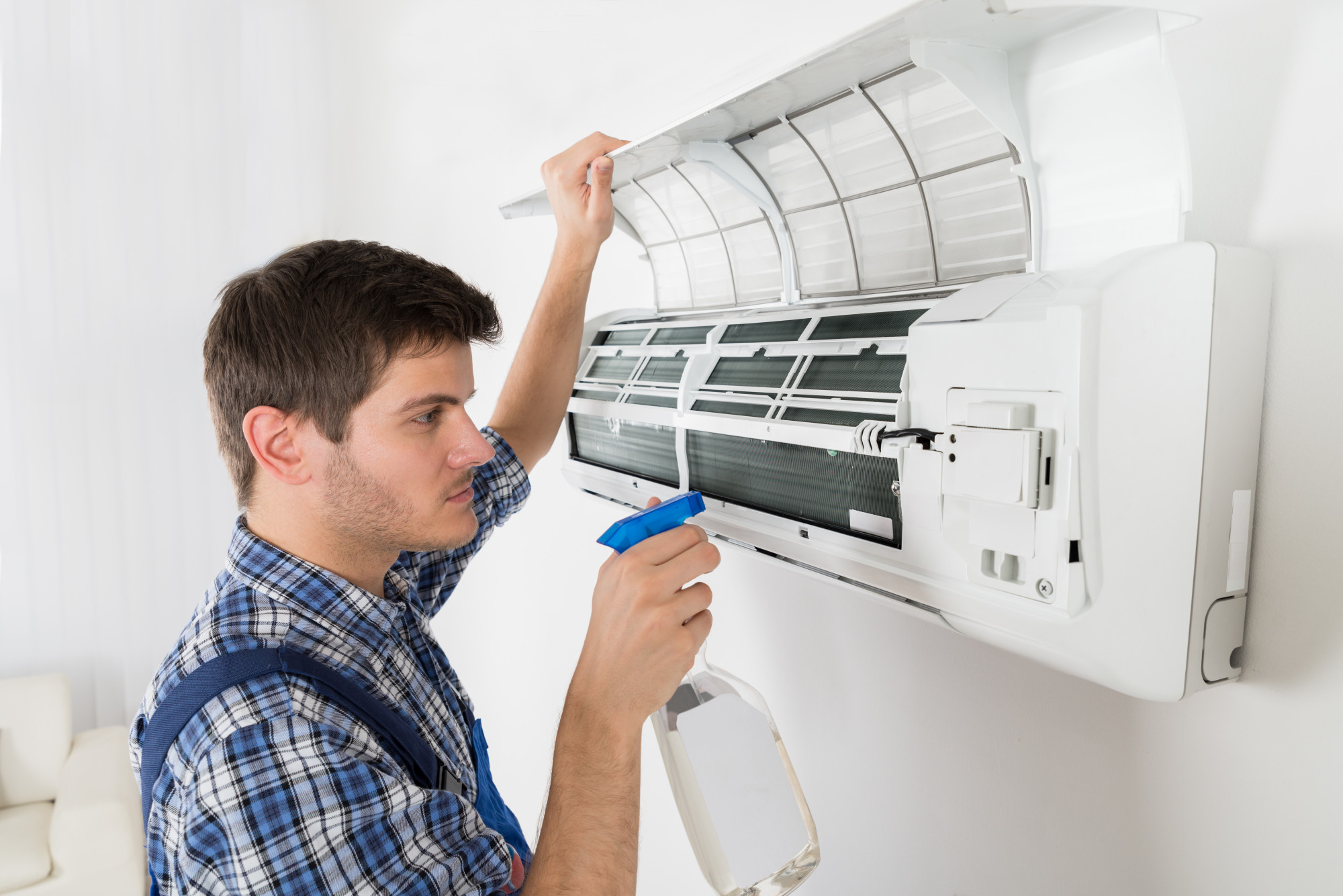Your HVAC system is crucial for surviving extreme winters and summers. It also regulates indoor quality, filtering dirt, dust, and more allergens from your home.
Unfortunately, your heater and AC can turn against you when you need them most. That’s why it’s critical to spot HVAC trouble before extreme weather hits.
Don’t wait too long between repairs. Routine HVAC maintenance can extend the longevity of your system, lowering costs in the long run.
Discover four easy steps to keeping your heating and cooling in 5-star shape.
1. Listen Closely
Struggling HVAC systems make some peculiar noises.
Some noise is to be expected with heater and air conditioner maintenance. For example, it’s not uncommon to hear a click or crack sound when the heater fires up. Popping sounds are also normal, especially after months of no use.
However, if these sounds persist, there may be an underlying problem. Persistent clicking may indicate an issue with the furnace’s ignition or pilot light. Frequent popping or banging could be caused by ignition fuel build-up.
Squealing, whistling, hissing, and rattling sounds are also cause for concern.
2. Spring Cleaning
Problematic sounds are often caused by clogged filters and debris. Remember to add HVAC cleaning to your complete spring cleaning checklist.
Start with your HVAC filters. If you use your AC and heater frequently, change your filters every three months. Routine replacements also lower allergen levels and decrease the risk of respiratory illnesses.
Look for dust buildup on your vents. That’s a sign that it’s time to replace the filter. External factors, like outside construction, also clog AC filters.
3. Give the Furnace a Break
Winter is all about staying as cozy as possible. Luckily, you don’t have to run the heater all night to feel like a warm cinnamon bun.
Install a programmable thermostat that shuts off before bedtime. Don’t worry about feeling cold at night. Proper window and door insulation will trap indoor heat for longer.
Electric blankets and hot water bottles also provide extra heat at night while the furnace sleeps.
4. Check For Strange Smells
Like sounds, you should always check for strange smells coming from your HVAC system. However, weird odors could indicate more serious problems.
If you smell rotten eggs, call an HVAC contractor immediately. That smell is actually sulfur, often indicating a natural gas leak in your home. However, rotten sewage smells could also leak into your home through outdoor HVAC units.
Does your furnace smell like old, dirty socks?
Musty odors aren’t as serious as rotten eggs smells, but you should tend to them right away. This smell is typically associated with mold and mildew buildup in the furnace.
Buildup is common, especially in HVAC systems that aren’t used for months at a time. Mold and mildew may grow on the evaporator coil. Unfortunately, firing up your HVAC unit unleashes these contaminants into your home.
Talk to your HVAC contractor about the buildup. They’ll clean and sterilize the coil before use.
Improve Your HVAC Maintenance Today
Are you ready to save more money on heating and cooling repairs?
Plan ahead for summer and winter with these essential HVAC maintenance tips!
Remember to follow the blog for the latest lifestyle hacks.

